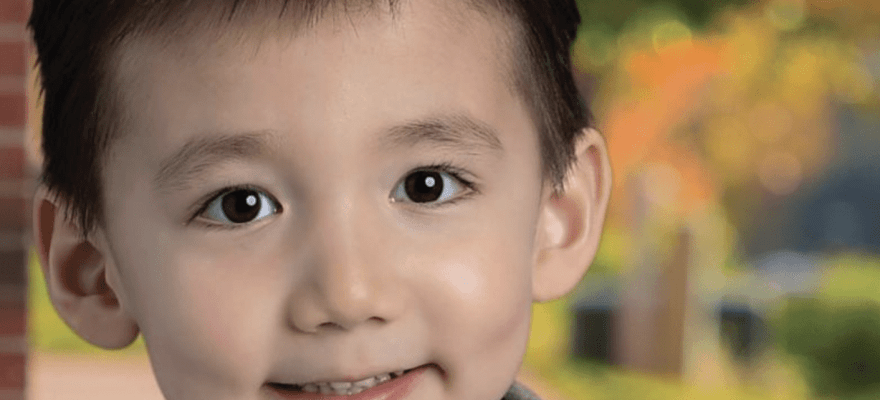
CLICK HERE TO SIGN UP FOR EVENT UPDATES AND MORE!
While the temperature is still hot outside for many of us, back to school season is nearly underway. Kindergarten is an important step for all children and most parents are concerned about their child’s readiness for their first year of official schooling. To help assess, below are five vital areas in which children should ideally achieve before packing their lunches, tagging along on school supply shopping trips and heading to the classroom for their big first day.
Not all children will achieve every milestone listed below before starting kindergarten. There is a great deal of variance in how each child develops. While a child may exceed physical development goals, they could lag slightly behind in cognitive development. This does not mean they’re not ready for kindergarten — it simply means they might need some assistance in catching up or will do so on their own over time. However, worried parents can ease their minds and nervousness by seeking assistance for their concerns by asking for an evaluation through their school’s district special education department or requesting an evaluation referral from their child’s pediatrician.
Check out our 2019 Education Guide.
Physical/Gross Motor Mastery
Your child should be able to walk in a straight line in a “toe to heel” exercise and be able to catch a small ball. Children should also be engaging in active play, including jumping over a rope with two feet together and doing “two motion” activities such as running and kicking a ball simultaneously or hopping on one foot while rubbing the stomach simultaneously. Children should also be able to learn and then perform a simple dance motion with multiple steps although not all children will remember more than three step routines at a time at this age, or even in the near future.
Fine Motor Skills
Mastering fine motor skills are essential for starting kindergarten on the right foot. Children should have an identified dominant hand or at the very least, a preferred hand for grasping and doing things by this time. Children should be holding a pencil with two fingers and a thumb as opposed to “fist holding” a pencil. They should be competently utilizing a scissor to cut out shapes and follow a straight line and or pattern when cutting. Also, they should be able to use utensils such as forks, knives and spoons efficiently, write their names and dress themselves somewhat independently including zipping up coats, pants and skirts, buttoning shirts and pulling up their pants.
Cognitive Development
Cognitive development tends to occur rapidly prior to and during the kindergarten year. Children should be able to recognize and name colors and shapes upon entry to kindergarten. They should know the entire alphabet and be able to sound out each letter and know their own name. Some children will even have the ability to tell you their address and phone number. Additionally, children entering kindergarten should be able to count and recognize numbers ranging from 1 to 20. The attention span at this age is limited, yet children should be able to focus on an activity for at least fifteen minutes and summarize a short story highlighting the beginning, the middle and the end when asked.
Language Evolution
Language buildout ahead of kindergarten is dependent on several factors. For example, if a child speaks more than one language, there may appear to be some lag in his/her development. Also, if a child has speech-related issues or is shy, language development may be negatively affected. Most children entering kindergarten should be able to speak clearly, express their wants and needs, be able to follow three step directions and identify opposites such as “the giraffe is tall, and the mouse is small.”
Social and Emotional Growth
Social and emotional development is an important aspect of kindergarten and can impact a student’s academic trajectory for years to come. Be aware that some children will want to imitate their friends and may “own” friends, becoming jealous if other people spend time with their friends. Additionally, children tend to follow rules in kindergarten and may scold other children who do not. Seeking and gaining attention is an important part of social emotional development in kindergarten, thus some children will try to garner one-on-one interactions by singing, dancing, and asking you to look at something they are doing repeatedly.
By Dr. Folusho Otuyelu, an Associate Professor of Clinical Social Work at Touro College Graduate School of Social Work in New York City, a Licensure Preparation Manager and MSW Liaison of Child Welfare. She lives in Staten Island with her husband and three children.

Read Next | This Is Where You Can Get Amazing Kids’ Birthday Party Ideas

